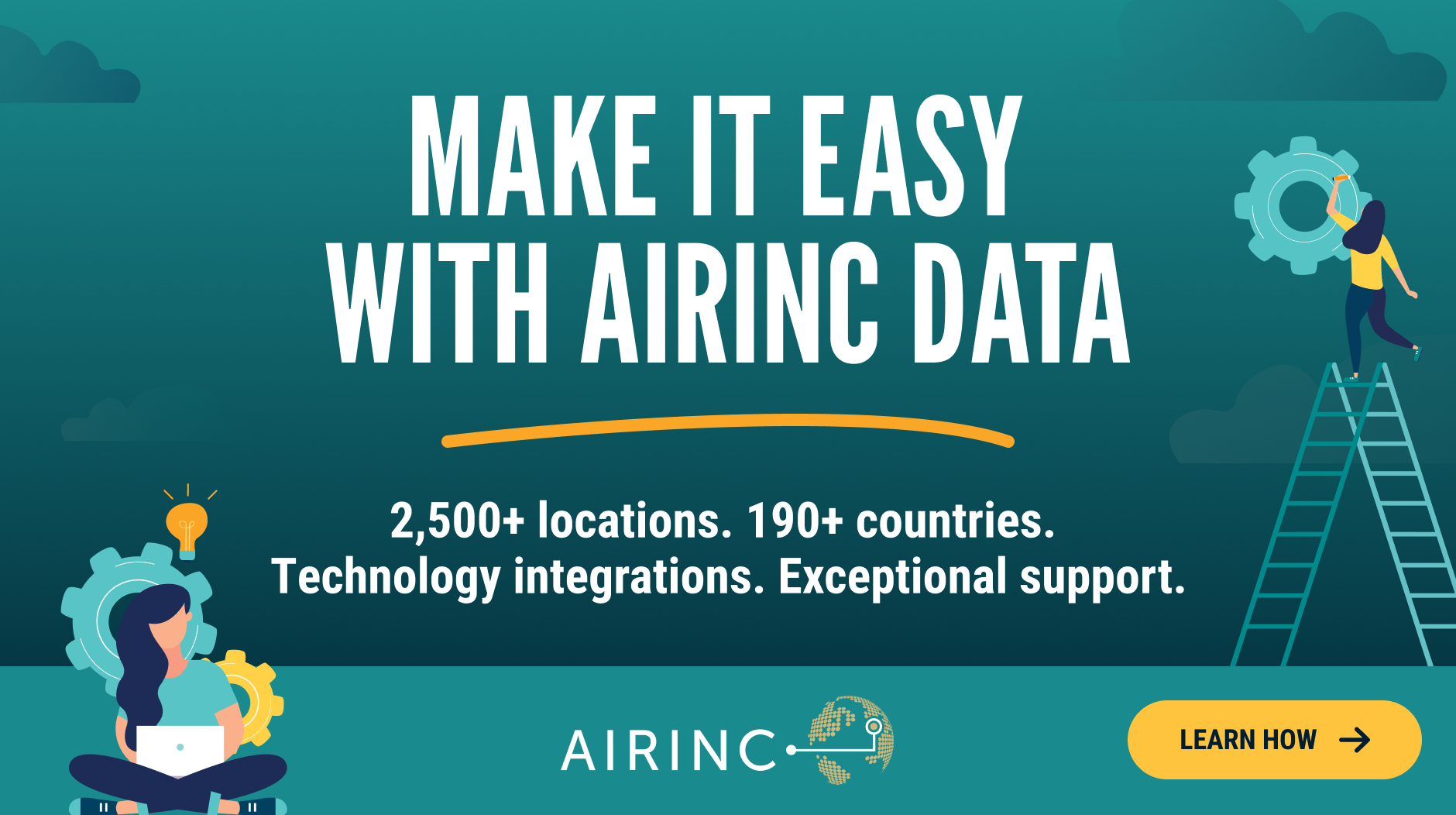As part of our consultative work, AIRINC runs employee-sentiment surveys. Companies often request employee surveys prior to program redesign, seeking to gather information on where their program is successful, and where they have room to improve. Since surveys are bespoke for each organization, every survey we design is tailored to the interests of the organization and is thus unique to itself. However, there are common questions that we ask in each survey to understand general employee sentiment toward Global Mobility.
One of the most common topics we survey is the impact of an assignment on an employee’s overall career. Companies are interested to know if an international assignment leads to further career success, or if it negatively impacts the talent. On the whole, we find that assignments have a positive impact on the career of the assignee. Interestingly, few employees are neutral on this topic and feel that their mobility experience had neither a positive nor negative impact on their career. This data is extremely helpful to companies that are seeking to become a talent-focused mobility function. We often find a correlation between the perceived impact on an employee’s career and the reintegration support that is offered. In these cases, companies may focus more attention on post-assignment career support to ensure that the growth an assignee experienced as a result of their assignment is not underused.
How did going on an assignment impact your career?
|
|
Company A |
Company C |
||
|
It had a negative impact on my career |
21 |
6% |
26 |
3% |
|
It had neither a positive nor negative impact on my career |
67 |
19% |
117 |
14% |
|
It had a positive impact on my career |
259 |
75% |
696 |
83% |
|
Total |
347 |
100% |
839 |
100% |
Another topic that we often survey is why an employee would take an international assignment. Though the reasons are consistent between companies, we find that the priorities are unique to each company; employees value different opportunities depending on their company culture. Most often, we find that employees take international assignments to enhance their long-term career. However, depending on their program’s generosity, we’ll find that certain employees will see the financial impact of an assignment as an incentive, whereas employees of more sparing programs may not feel similarly.
Why did you take an international assignment/transfer? 1 = Strongly Agree, 5 = Strongly Disagree
|
|
Company A |
Company B |
|
To enhance my long-term career |
1.6 |
1.1 |
|
To gain professional development and new skills |
1.5 |
1.2 |
|
I was asked by my manager to take an international assignment/transfer |
2.4 |
3.0 |
|
I raised my hand/volunteered to take an international assignment/transfer |
2.1 |
1.7 |
|
To experience cultural enrichment |
2.0 |
1.8 |
|
For financial reasons |
2.5 |
3.2 |
Finally, we value understanding which barriers exist to accepting an international assignment. The most common barrier that employees experience is the disruption than an assignment can bring to the employee’s family. The barriers highlight areas that companies can improve. For example, Company A can improve the emotional support they offer to an employee in the new location by providing more community resources. Company B may choose to provide slightly more generous benefits, as the data suggests that taking an assignment might result in financial challenges for the employee.
What did you view as barriers to accepting an international assignment/transfer? 1 = Biggest Concern, 5 = Lowest Concern
|
|
Company A |
Company B |
|
Disruption to my family |
3.0 |
2.4 |
|
Financial setback |
3.6 |
2.6 |
|
Loss of partner career opportunities |
3.1 |
2.6 |
|
Lack of community or family support in the new location |
3.0 |
2.8 |
|
Not understanding the terms and provisions |
3.4 |
3.2 |
|
Concerns about culture fit or ability to be my authentic self in the new location |
3.4 |
3.3 |
|
Concern that an international assignment/transfer will not further my career aspirations |
3.5 |
3.6 |
These employee-centric surveys are immensely helpful when reviewing and redesigning a mobility program. Though these three questions have been asked in several surveys, there are many more questions we ask that are specific to each organization. If you were to survey your employees, how do you think they would respond? What other questions would you ask them?
If you’d like to chat more about these types of employee engagement, please contact advisory_services@air-inc.com!
Are you looking to redesign your mobility program?
AIRINC can help you refresh your Strategy, Process, or Policy
AIRINC’s Advisory Services team of seasoned mobility consultants are dedicated to helping you. With deep expertise in mobility strategy, program operations, process design, benchmarking, compensation, and policy development, you can leverage the experts you need to drive meaningful change in your mobility program.





%20(9)-1.png)


